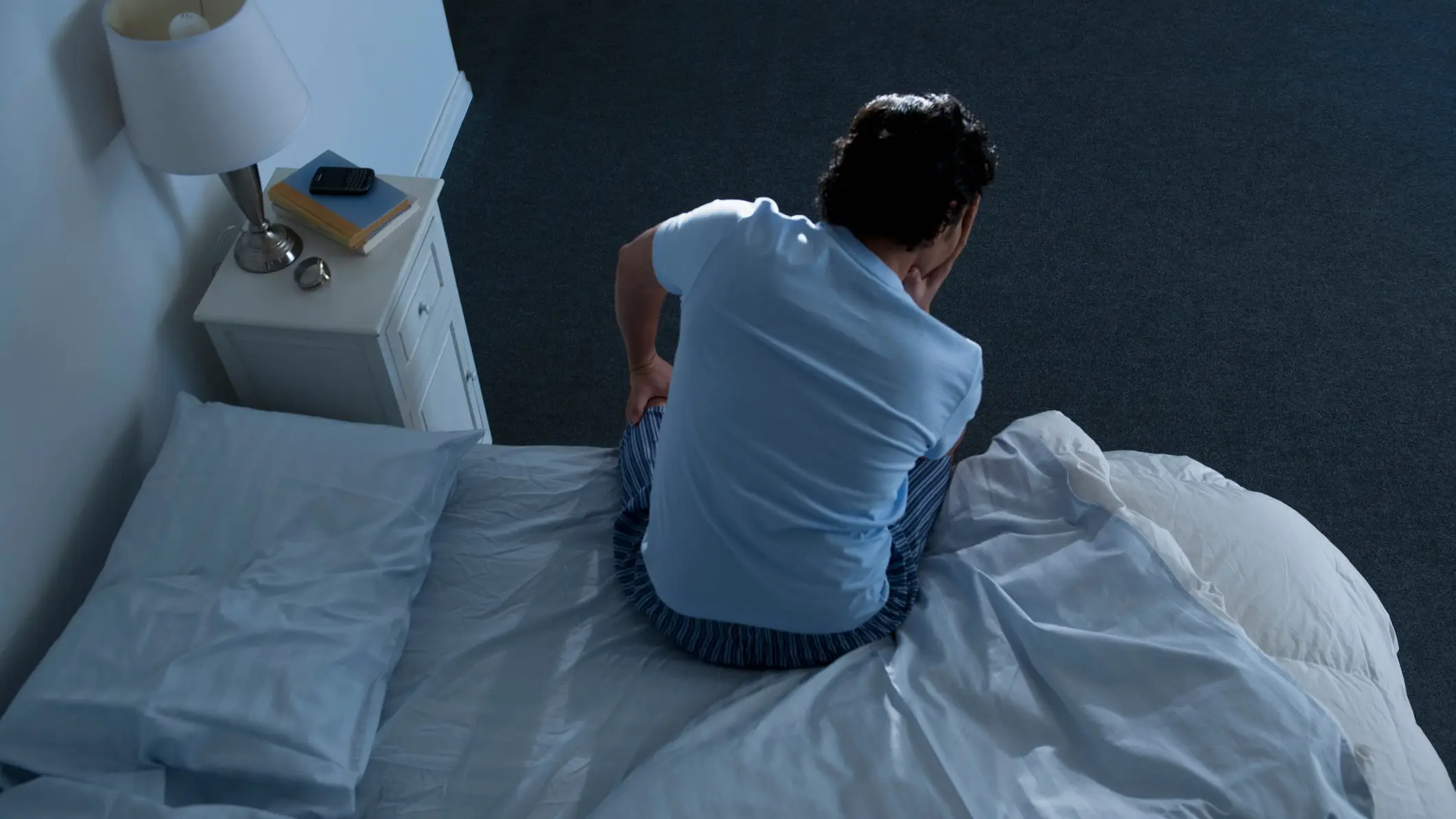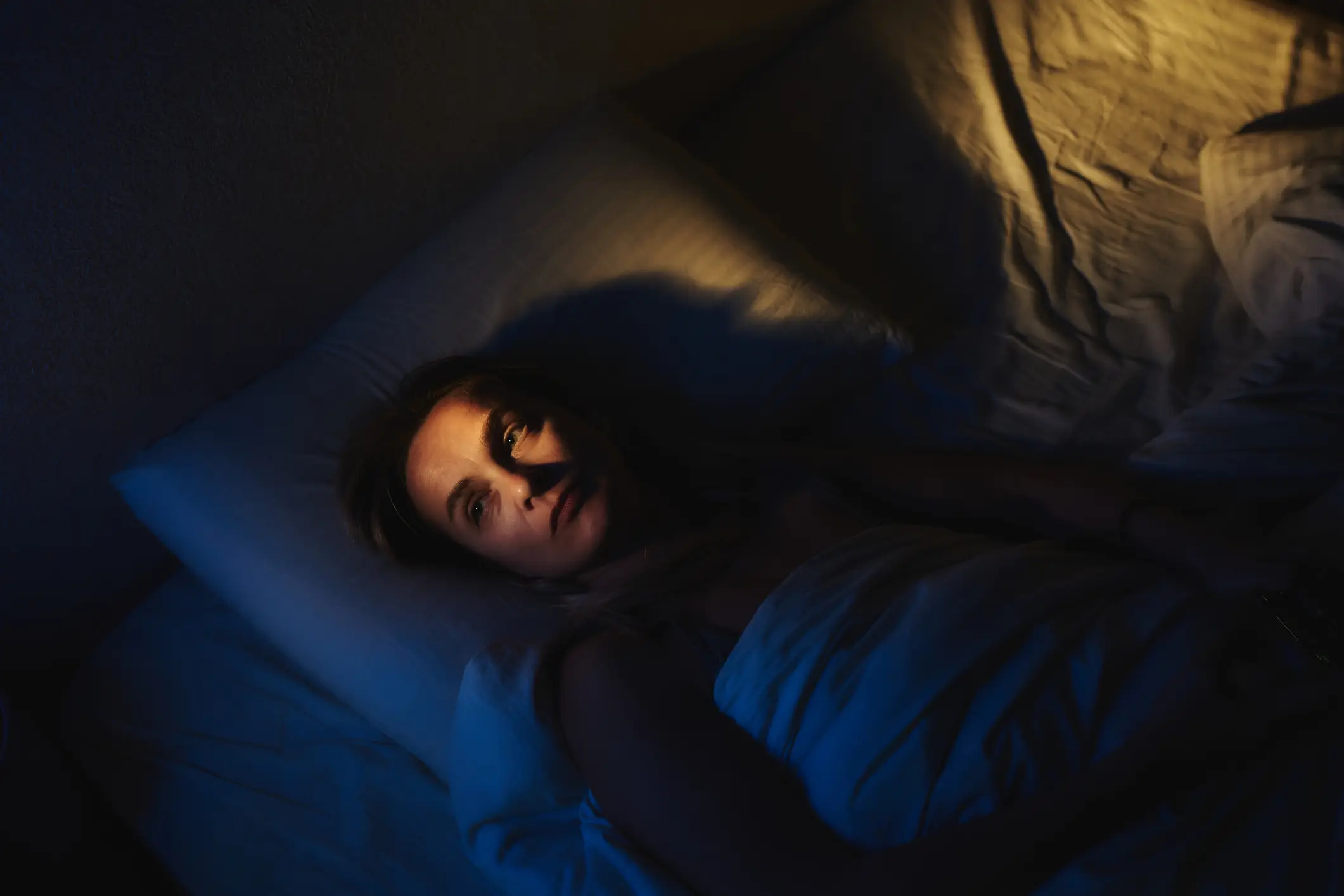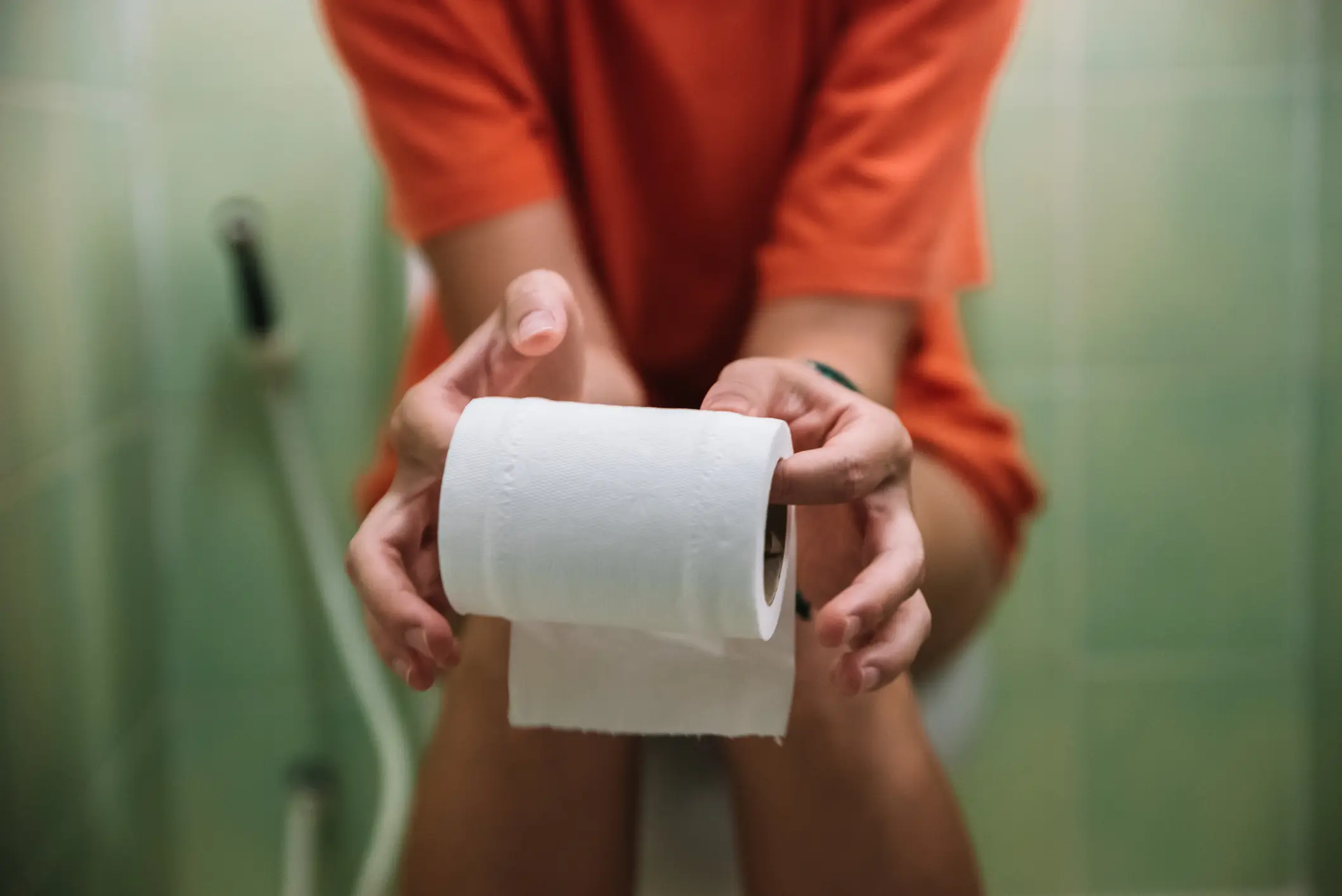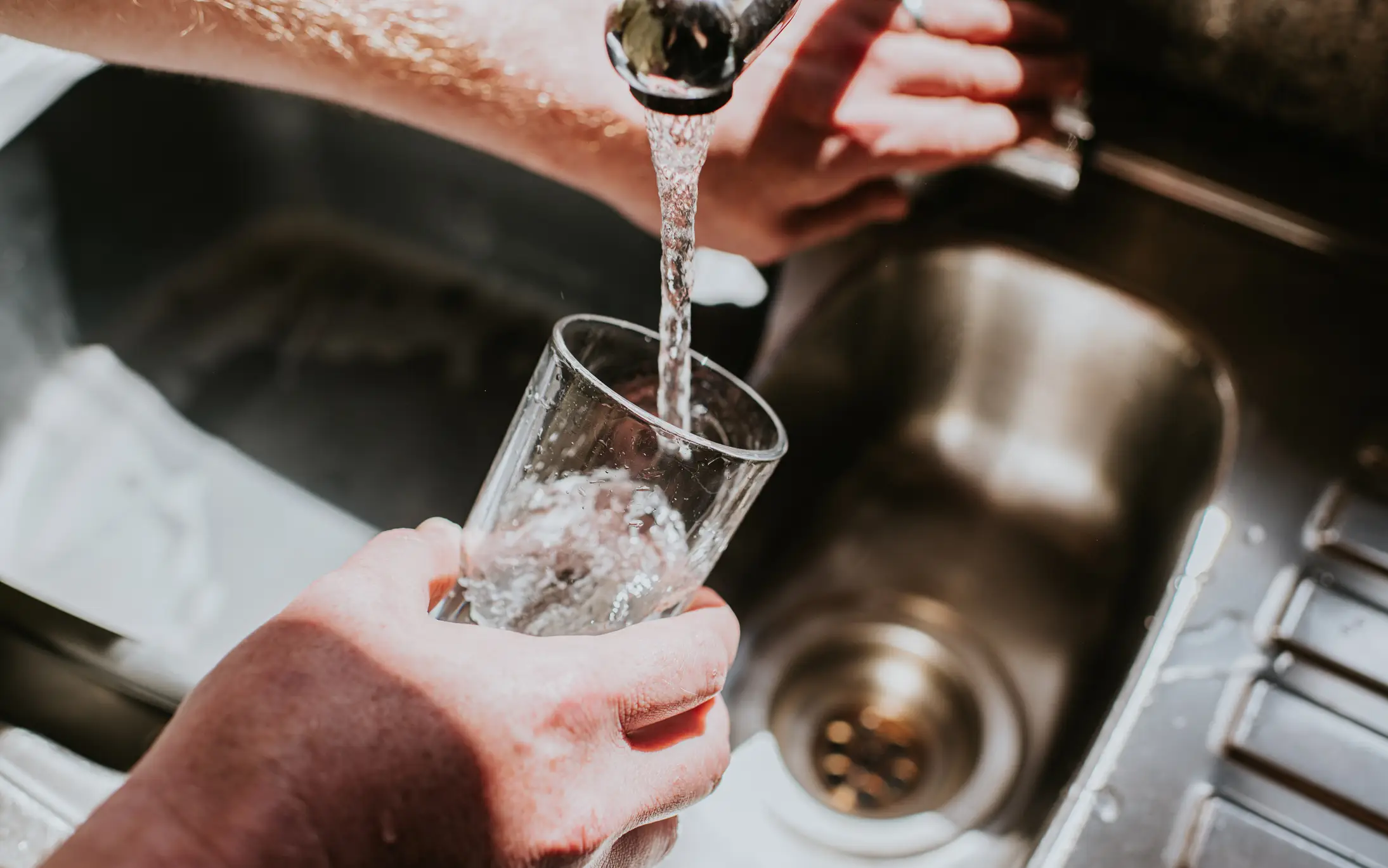
We've all woken up in the middle of the night with the sudden urge to urinate before – but at what point does this bodily function become something we should be concerned about?
Getting a good night’s kip is a battle everyone has dealt with at some point in their life, and several factors can cause disturbed sleep.
Having your sleep interrupted with the urge to go now and again isn't always a warning that all is not well inside your body; after all, it may very well be that you've just had one too many glasses of water before bedtime.
However, if the need to pee is something that disrupts your sleep more nights than not, it may be time to make an appointment with your GP.
Advert
So, what should you look out for?

What is nocturia?
According to guidance from the NHS, nocturia is a condition where you regularly find yourself waking up and needing to pass urine.
Nocturia is typically more common amongst older people; however, it can happen at any age.
It is often, but not always, a symptom of an underlying health condition.
What does it mean if you're experiencing symptoms of nocturia?
Bladder problems
Bladder issues linked to nocturia can include urinary tract infections (UTIs), which are often accompanied by a stinging pain when urinating, blood in your urine and feeling generally unwell.
Nocturia could also be an indicator of bladder stones, obstructions or even urge incontinence, AKA an overactive bladder.
Prostate problems
Nocturia is often linked to changes in the prostate, a gland found in men and anyone assigned male at birth. Changes in the prostate can result in the bladder not emptying properly, resulting in more frequent trips to the loo.

It can also be a warning sign for prostate cancer, with a 2023 study conducted by King Edward VII’s Hospital revealing that regularly needing 'toilet three times or more' a night is something worth getting checked out by the GP.
This is backed up by Dr Jiri Kubes, an expert in radiation oncology at Proton Therapy Center, who'd previously said that a doctor should investigate any unusual urinary habits.
Heart problems
An increase in getting up and heading to the loo each night could also suggest all is not well with your ticker.
Conditions such as heart failure and hypertension can cause fluid retention in the legs and ankles throughout the day. The accumulated fluid is then processed by the kidneys when you head to bed, thus increasing your toilet trips.

Diabetes
According to Diabetes UK, frequent nighttime urination could also suggest an issue with blood sugar.
When the body has high blood pressure, the kidneys are forced to work harder in order to produce more urine as a method of removing the increased levels of glucose.
Excessive urination is particularly common in cases of diabetes insipidus.
Drinking too much fluid
However, not every trip to the toilet is your body crying out for a visit to the doctor; in fact, it could very well be as simple as having one too many drinks in the run-up to bedtime.
If you think it's as simple as just reducing how much you drink, the NHS actually doesn't recommend cutting your fluid intake without guidance from your doctor, as this can lead to complications such as dehydration.